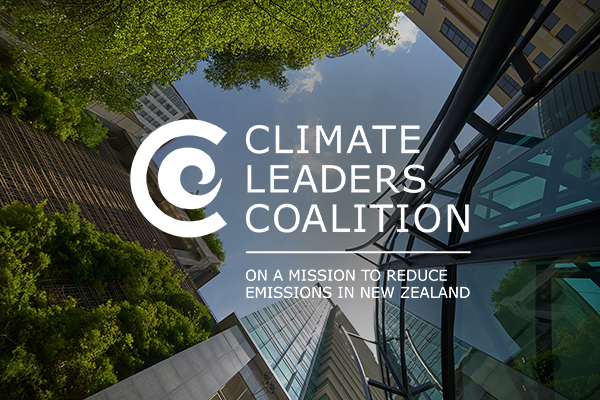Sustainability is becoming one of the most important ways by which consumers choose to purchase from a particular company – one that doesn’t display sustainable business practices and an environmental mindset will find itself at a disadvantage to those companies that are doing their part to create a circular economy.
Office multifunction devices and consumables like toner cartridges can generate a significant amount of waste, but with sustainable business practices and processes, that doesn’t have to be the case.
Fuji Xerox is a company that is leading the print industry in sustainable business practices and it has already made waves by creating contributing toward a circular economy that works.

